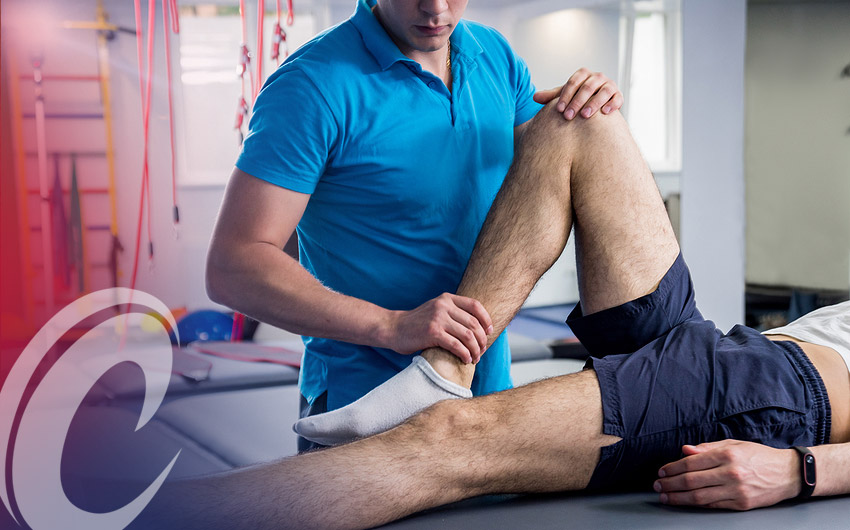Athletic Trainers are skilled and trained in everything from injury prevention, emergency medical response, and rehabilitation. However, despite years of education, extensive and diverse clinical hours, all culminating in a grueling certification exam, none of us have been able to achieve the most coveted skill of all: telepathy. Try as we may, we have never (and will never) been able to read athletes’ minds. Therefore, it is imperative to educate athletes on the importance of speaking up and communicating clearly with their Athletic Trainers and other healthcare providers to ensure that they receive necessary care.
Athletic Trainer Responsibilities
The Athletic Trainer is responsible for evaluating, treating, and rehabilitating athletic injuries. After evaluation by a physician and treatment of an acute injury, the rehabilitation can begin. Depending on the extent or grade of the injury, it could take days, weeks, or even months. All aspects of the injury are documented and the final release to return-to-play is given by a physician. Once the athlete has completed all phases of the rehabilitation and been released to return to their sport for full participation, the Athletic Trainer and strength and conditioning coach can meet to design the sport-specific training program. All of this requires clear communication.
Injury Evaluation
Injury evaluation is largely based on physical findings, but clear communication from the athlete provides key details of the situation and mechanism of injury that make the process more accurate and efficient. Physical findings, coupled with information provided by the athlete, allow us to determine the safest course of action for the athlete. No competent Athletic Trainer will ever want to keep an athlete out of play. However, a lack of communication on behalf of the athlete could result in an inconclusive injury evaluation, resulting in an unnecessary removal of the athlete from play, or worse, an inappropriate return to play.
Rehabilitation
Timely communication is also vital to ensure that Athletic Trainers have the time and resources necessary to evaluate and treat, ensuring that complete rehabilitation occurs before returning to play. This requires an athlete to develop an understanding of their own body and the difference between soreness and injury. I generally recommend a “48-hour rule” to my athletes. This means that if something is hurting or not feeling right for 48 hours with no improvement, say something. However, don’t tell me 5 minutes before kick-off because there’s not much I can do in that time to determine your ability to play.
In conclusion, clear, timely, and open communication between the athlete and the Athletic Trainer is vital to ensure that they stay healthy and in the game. This holds true not only for Athletic Trainers, but all allied healthcare providers responsible of the well-being of the athlete. Every athlete, whether playing an individual or team sport, has a support system around them committed to their well-being and success. Help them help you… COMMUNICATE.
Bryce Gordon is an Athletic Trainer at Compete Sports Performance and Rehab in Orange County, California.

